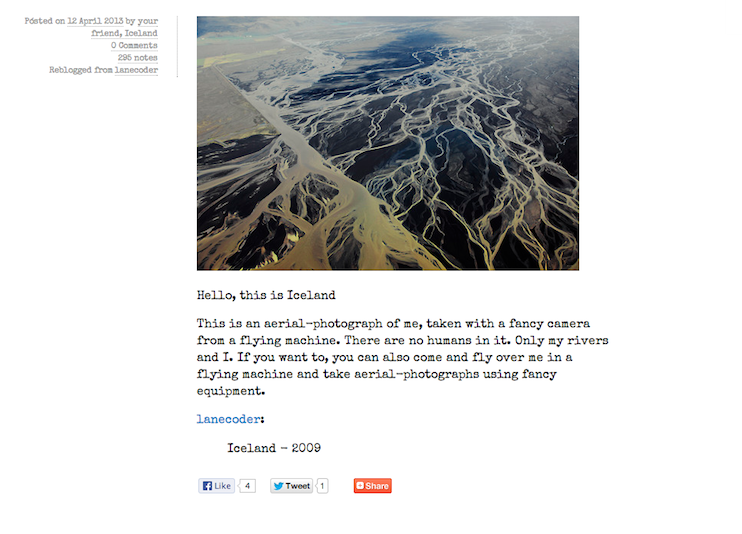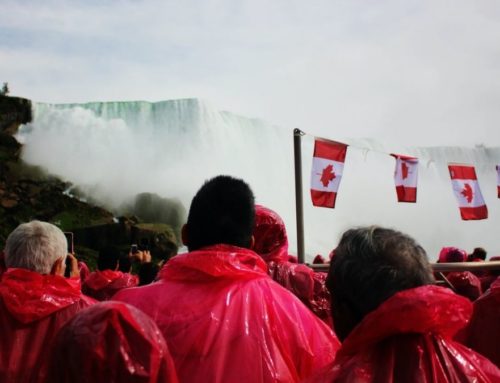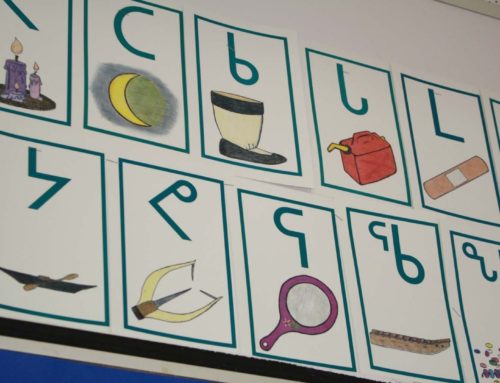A Global Phenomenon
Social media is a huge global phenomenon. It shows no signs of slowing down. And people are finding some pretty unique ways to take advantage of these powerful communication tools. Ghana, Japan, and Iceland are three examples of nations expanding the ways in which citizens can utilize social media.
1. Ghana & Election Reporting
Ghana geared up for its election in December 2012 by having BloggingGhana launch a new initiative aimed at educating NGOs, students, Civil Society Organizations, political groups, and the general public in how social media can be used during an election. The project, Ghana Decides, was launched in March 2012. It keeps up-to-date blogs and integrates itself into social media outlets.

Voters looked up the information available through Ghana Decides and government websites, and then shared it online via Facebook, Twitter etc. using the hashtags #iRegistered and #GhanaDecides.
The Ghana Decides album on Flickr already has over 3,000 contributions so far.
2. Japan and its post-earthquake Tourism Promotion
The 2011 earthquake left Japan reeling as it tried to deal with the devastation. Though it has had success with the rebuild, its tourism industry is still suffering from negative perceptions of the aftermath. In order to fight this, Japan launched a new initiative called Post from Japan.
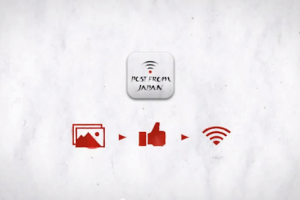
It is an app that connects to the government network and allows tourists to upload their photos to Facebook.
Every ‘like’ a picture receive earns the user more minutes of free Internet, which they can use in any way they see fit (eg. looking up directions, restaurants, etc.) When they are running low on minutes, a notification appears and allows the user to upload more pictures.
Seeing people’s current up-to-date posts shows that the beauty and excitement of Japan is still there. The steady live stream of new pictures are meant an effective way to keep Japan top of mind when people are considering their travel and tourism options.
3. Iceland Goes Digital
Unlike the previous two examples, which are for a very specific purpose, Iceland has launched multiple social media campaigns for a variety of purposes. Iceland has multiple blogs, a Twitter account, and a Facebook page. The most notable applications are their tourism promotions and the recent rewrite of their constitution (on social media!) in order to fix their economy. This openness has been brought about by long-serving President Ólafur Ragnar Grímsson.
Tourism
To reinvigorate the Icelandic tourism industry, the country launched the Inspired by Iceland campaign. The campaign not only reached out to foreigners, but to local Icelandic people, who were encouraged to give tours to incoming travelers. This campaign has its own blog on Tumblr and an active Twitter account.
It promotes all that Iceland has to offer, including pancakes with whipping cream and rhubarb jam at the home of Grímsson. Yes, the President of Iceland is opening his home and making breakfast for willing tourists!
Iceland on Tumblr
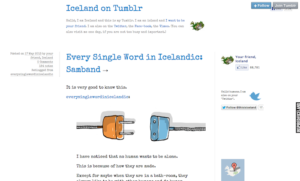
That is the welcoming message at the top of another ever-so-charming blog for Iceland. The quirky, Iceland Wants to Be Your Friend posts various pictures of lesser known aspects of Iceland and writes an adorable note along with it encouraging visitors to come visit. It can also be found on Facebook here.
Government on Social Media
After the 2008 economic troubles, Iceland needed a change. The 2011 Constitutional Council certainly did that. To encourage transparency, the country’s government crowdsourced the creation of the new consitution on social media sites .
They posted a draft of the new consitution online, opening it up to public comments and recommendations. Samantha Murphy looks at this in more detail in her article in which she went to Iceland and interviewed Grímsson.
Grímsson explains that though the use of social media is modern, the ideas behind it are “just a modern expression on an old Icelandic tradition”. This is the tradition brought by Vikings in which the residents set up open assembly and open courts.
“The tradition of conducting everything in a way that everybody could follow and have access to it was an early part of our history,” explains Grímsson. “It has become a big part of the identity of Iceland.”
Their use of social media shows that they are adapting their identity and shifting to stay ahead in the modern world. They are having lots of success, with the popular president even finding himself an example of social media’s power. When Grímsson announced he would not run for re-election upset citizens started an online campaign for him to stay. He now plans on running again.
What Does This Mean For You?
Not only individual people, but entire nations, are using social media to connect with its audience. The above examples are just three ways governments are using social media to foster two communication with their citizens.
Multilingual Global Marketing is here!
Social media is more than just friends updating each other about their day. It’s now used as a global promotion tool. The mass appeal of social media also generates the need for a multilingual campaign. Reaching international audiences means that there is now a need to provide your information in multiple localized languages. With the potential to reach mass audiences, this cannot be ignored by any business wishing to promote itself effectively.
Interested in learning about other countries’ social media sites? Read more here.

